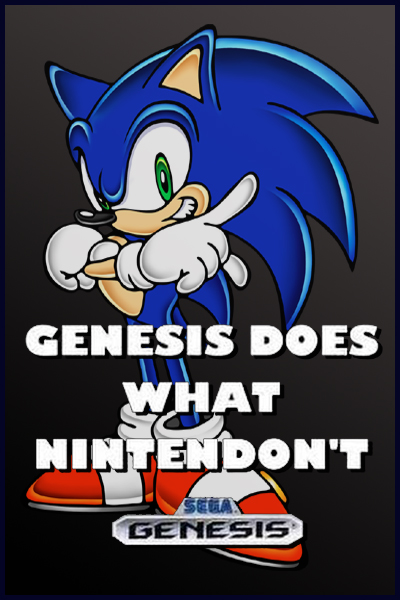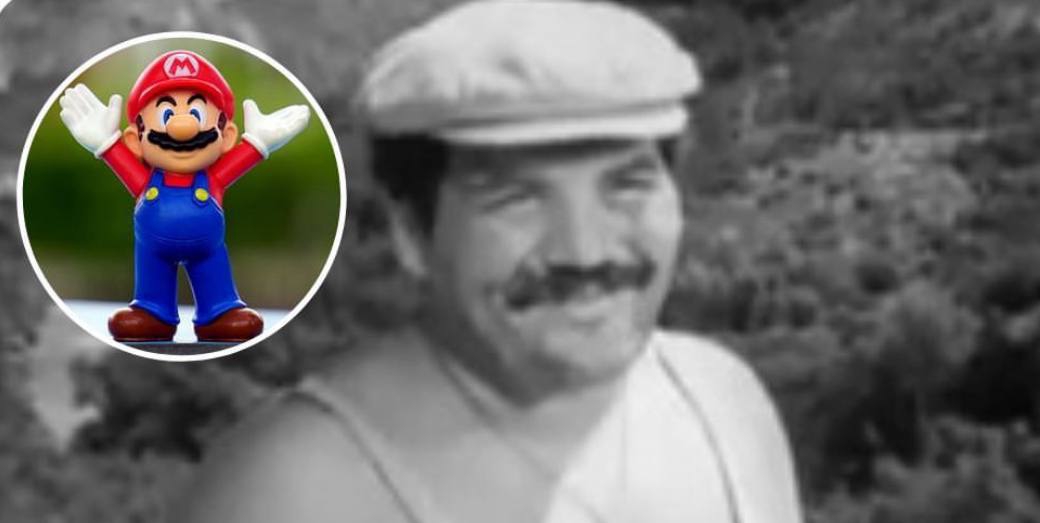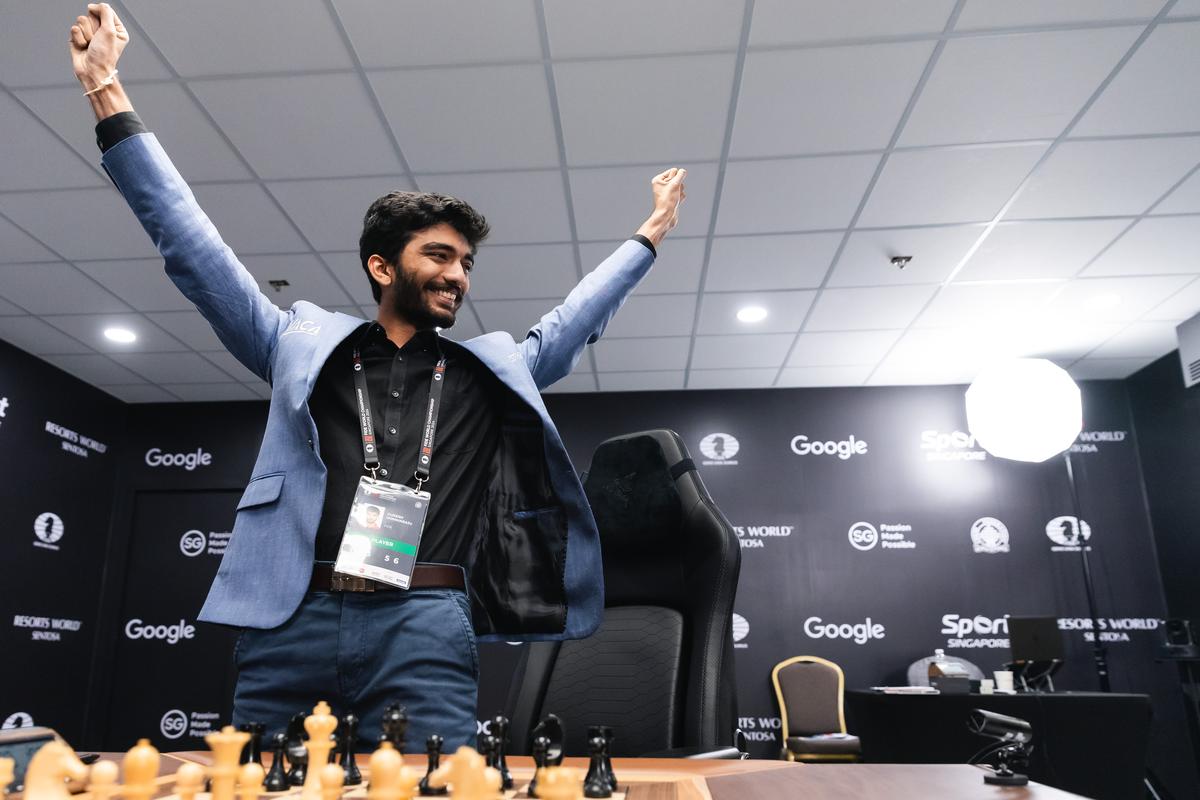Back
Rohith R
I help businesses to... • 1y
Genesis does what Nintendon't - One of the craziest marketing campaign in history In the late 1980s, the console and gaming market had a single dominant player: Nintendo. With 95% market share. But there was one catch: Nintendo’s products were designed to be family-friendly, catering largely to kids and younger audiences. This left a huge opportunity wide open, there was nothing specifically tailored for teens and adults who wanted more intense, mature, and “cool” gaming experiences. SEGA recognized this gap and made their move with the Sega 'Genesis' console. To promote it, they launched one of the boldest marketing campaigns in history: "Genesis Does What Nintendon't." The results? By 1991, SEGA’s Genesis outsold the Super Nintendo (SNES) nearly 2-to-1 during the holiday season. By 1992, SEGA held a 65% share of the 16-bit console market, a historic shift in an industry that Nintendo had dominated since 1985. What Made This Campaign So Successful? Here’s a breakdown, 1. Product Positioning SEGA positioned themselves as the console for older teens and young adults. they crafted a narrative that appealed to those who had “outgrown” family-friendly games. They launched games like Sonic the Hedgehog, Mortal Kombat, which quickly became massive hits. These games weren’t just fun; they embodied more mature experience SEGA was promoting. 2. Celebrity Endorsements To amplify their message, SEGA brought global cultural icons like Michael Jackson and Joe Montana into their campaigns. These endorsements added star power and credibility, making their ads highly memorable and impossible to ignore. SEGA’s commercials were loud, high-energy, and completely distinct from Nintendo’s more traditional marketing approach. 3. Superior Technology SEGA leaned heavily into their product’s technical advantages. The Genesis was marketed as the better machine with advanced graphics and a diverse game library that offered a more immersive experience. 4. Directly Challenging the Competition Let’s be honest—how many brands have the guts to openly call out their biggest competitor by name in their ads? SEGA did. The slogan “Genesis Does What Nintendon't” was a direct challenge to Nintendo, and it was backed up with messaging that reinforced what SEGA offered that Nintendo didn’t. This boldness sparked conversations, earned attention, and positioned SEGA as a confident disruptor. 5. Cultural Impact SEGA wasn’t just selling a console - they were building a movement. The Genesis didn’t just appeal to gamers; it became a symbol of rebellion and innovation. Owning a Genesis wasn’t just about playing games - it was about being part of something cooler and more forward-thinking. Sometimes, success doesn’t come from playing it safe. Sometimes, it’s about saying, “Yeah, we’re naming names - and we’re here to change the game.”

More like this
Recommendations from Medial

Anonymous
Hey I am on Medial • 1y
Super Mario is named after real-life businessman Mario Segale, who was renting out a warehouse to Nintendo. After Nintendo fell far behind on rent, Segale did not evict them but gave them a second chance to come up with the money. Nintendo succeeded
See More
ProgrammerKR
Founder & CEO of Pro... • 10m
Nintendo Switch 2 Announced with Upgraded Specs Nintendo officially launched the Nintendo Switch 2, featuring a 1080p HDR display, 256GB internal storage, improved battery life, and Joy-Con controllers that can be used as PC mice. The device release
See MoreAASHIRWAD DEVELOPER GROUP
The business should ... • 1y
The match took place between 25 November and 12 December 2024 in Singapore. It was played to a best of 14 games, with tiebreaks if required. The match was won by Gukesh 7½–6½ after 14 games. The win made Gukesh, 18, the youngest undisputed world cham
See More
Mridul Chandhok
Entrepreneur and Ger... • 11m
In the kids games and toy industry what market gaps are there like what kind of games can get parents and children’s attention- Specially for avoiding their screen times Do write their suggestions- - DIY kits with proper instructions -story telli
See MoreDownload the medial app to read full posts, comements and news.












/entrackr/media/post_attachments/wp-content/uploads/2021/08/Accel-1.jpg)




















